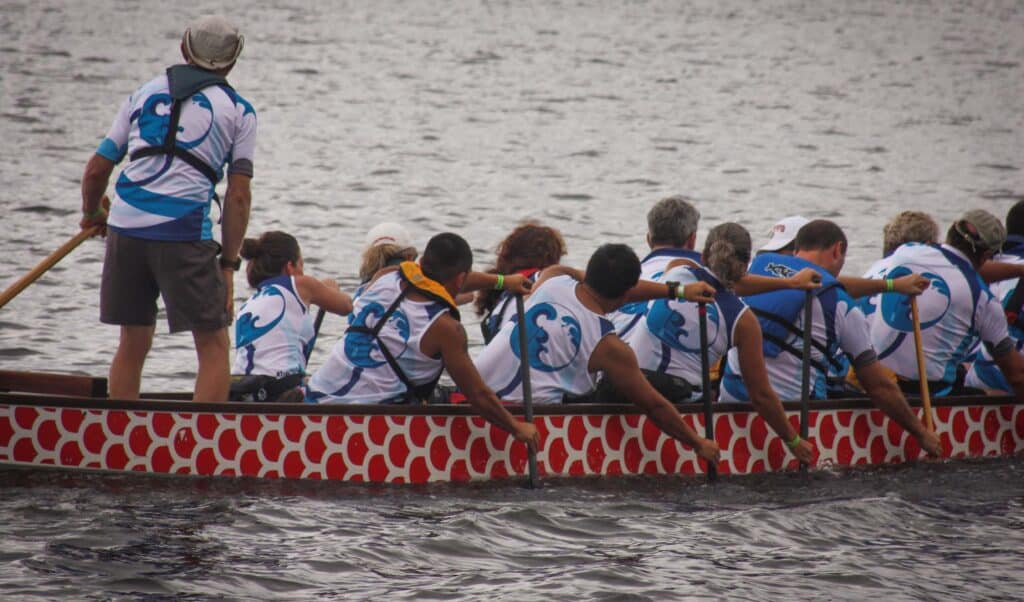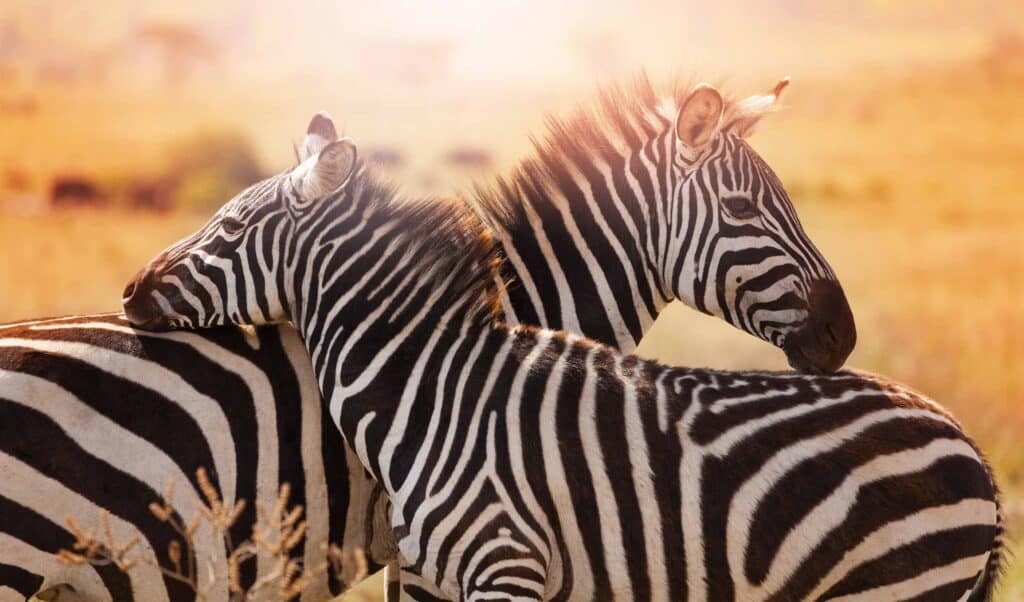An article about Bob Carson, a dragon boat champion and husband of Deborah Stier Carson.
The treatments of radiation and chemotherapy were difficult, but no match for Carson’s will to live…
Bob. Bee-Oh-Bee. Even the name has balance, strength and brevity – much like its owner, Bob Carson. The man’s man who came to The Citadel forty years ago with a mini-Arnold Schwarzenegger body on a half scholarship for wrestling left there with much more. He had gained the respect and admiration of a Citadel generation. He became a legend. Carson walked on to The Citadel’s football team to become a scrub ‘tackling dummy’. Others might have quit. The coaches measured his toughness and resolve. With his speed, they assigned him as a defensive back. Bob did all of the tackling necessary to impress Coach Red Parker’s staff. He never backed down.
They moved the walk-on surprise to fullback, though he was considered well undersized at 5’8 and 170 pounds. He played bigger. He was a blur with mass. He muscled his way to the starting position. That 1971 Citadel football team went on to an 8-3 record and finished fourth in the nation in total offense. Carson ran the ball 138 times for 868 yards and 11 touchdowns. He averaged 6.3 yards per carry, easily among the nation’s leaders. Not bad for a walk-on! But running the ball was not exactly what he did best. He was a devastating blocker, using his speed and strength to cut down much larger linebackers and defensive ends.
“You did not like to see Carson coming at you,” explained teammate Tommy Utsey, a defensive end on that 1971 team. “It wasn’t that you had to fight him off so much as it was that he could inflict immediate pain. He never quit on a block. I’m sure the coaches liked it, but being in practice, you hated it. I never saw another fullback on an opposing team that could match his bruising determination.”
Carson has his moments, like bursting for 95 yards and a touchdown against Boston University during a thrilled 44-37 victory. That run became the Citadel all time record, until recently. Carson added two more touchdowns in the fourth quarter to seal the victory. He would time and again make a key block as the last protection for quarterback Harry Lynch. Lynch’s bombs to All American Brian Baima balanced the offense. Baima was named the Southern Conference Player of the Year. Carson was named an Honorable Mention All American. He was rewarded the next season by being elected team captain. It was a sweeping tribute to his perseverance and spirited performance.
Carson graduated and remained in the Charleston community as a contractor. His athletic career continued in yet another venue. Carson became the amazing talent that propelled the new Charleston rugby team. This was like football without timeouts, huddles or pads. Carson was perfect for the sport. Where speed and mental toughness enhanced impact, Carson was the greatest of the great. The half scholarship wrestler had earned respect from every opponent and friendship from every teammate.
Carson developed cancer in 2000. He had surgeries – to remove glands, and to remove part of his neck. Part of his leg was used to rebuild his jaw. The treatments of radiation and chemotherapy were difficult, but no match for Carson’s will to live. The disease would eventually win, but not without a battle that amazed the doctors, his friends, and loving family. He passed away peacefully on on April 19th of 2012 after a twelve year ordeal. He was, by all that knew him, the toughest man that ever lived. Bob Carson catapults beyond the bonds of a lifetime as “the man that would never quit.” His story book rise is the attestation of that rare commodity we revere – the undaunted human spirit.
Credit: Thomas (Tommy) McQueeney is a born and bred Charlestonian who graduated from The Citadel with a BA in English, and is a 30 year agent with State Farm Insurance in Mount Pleasant.

